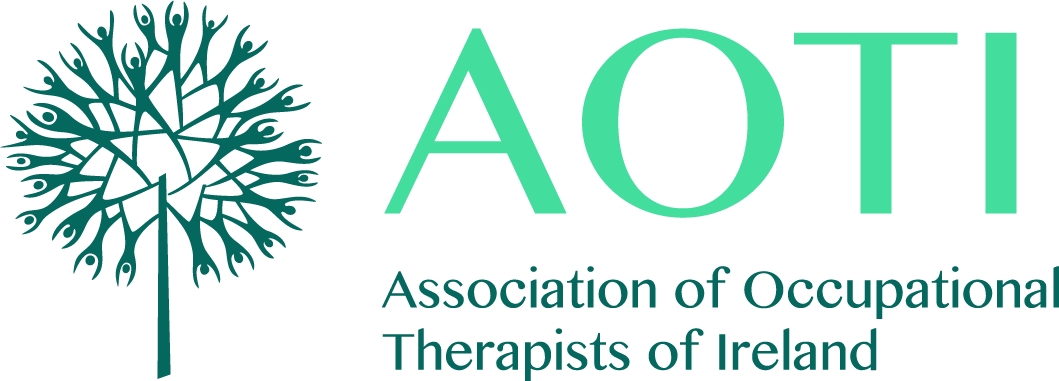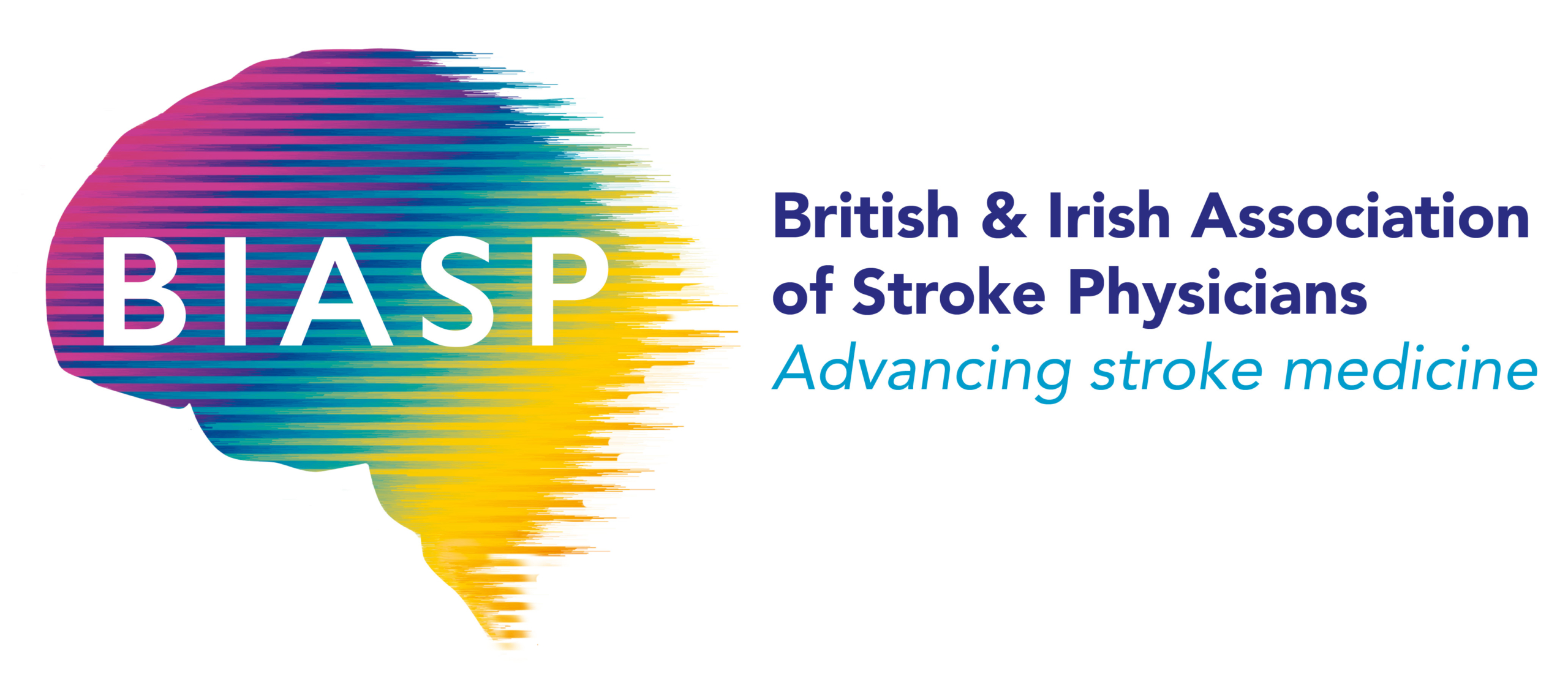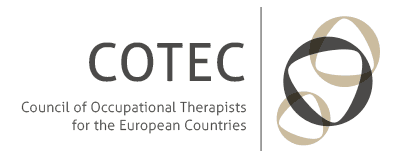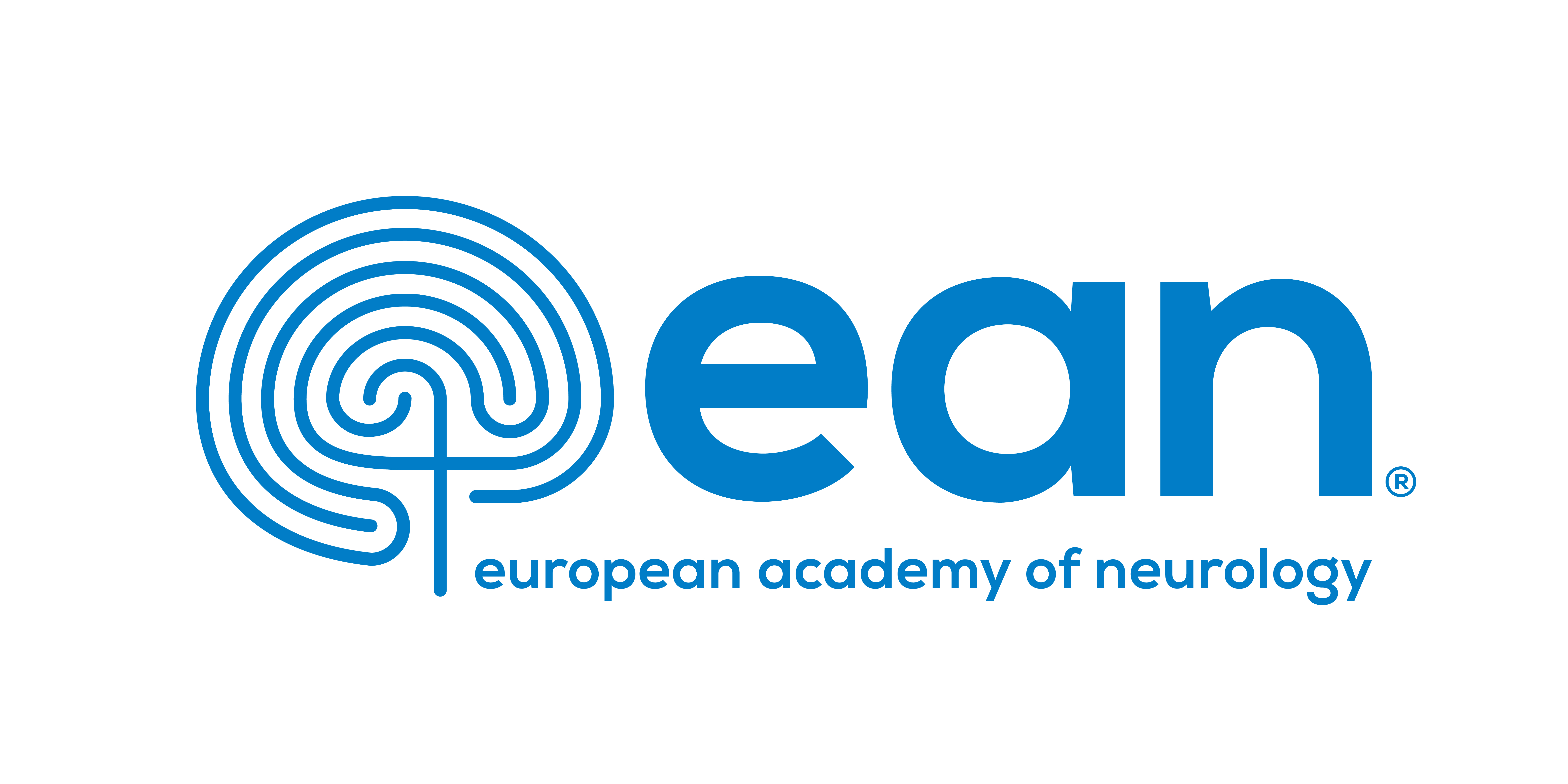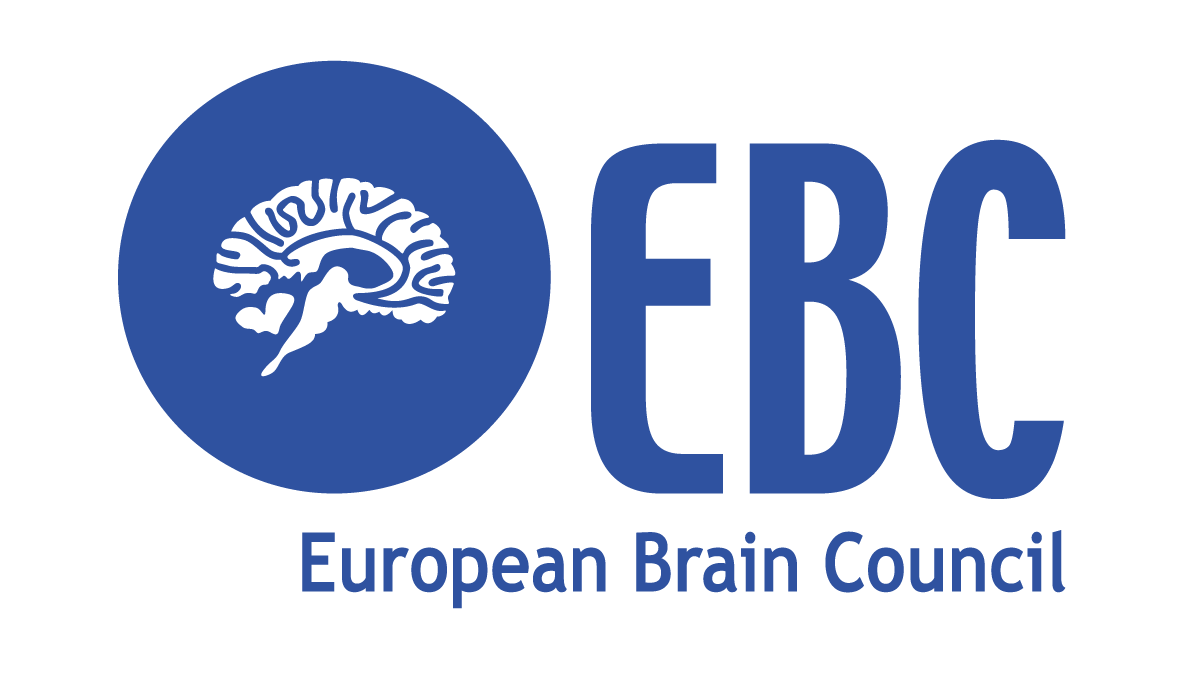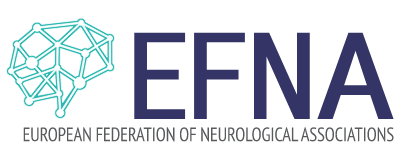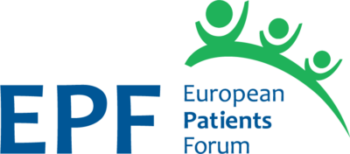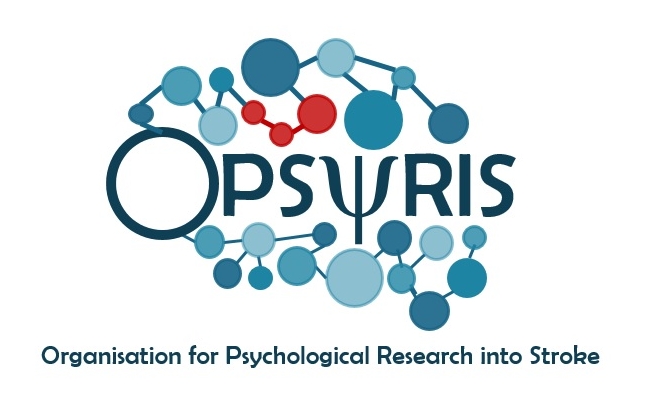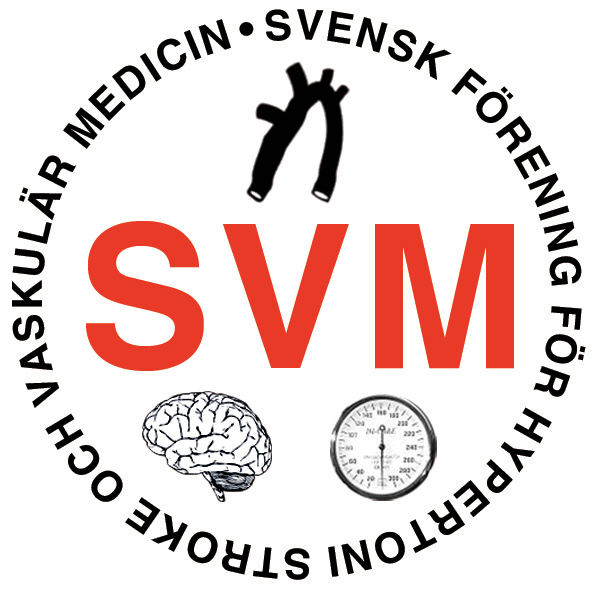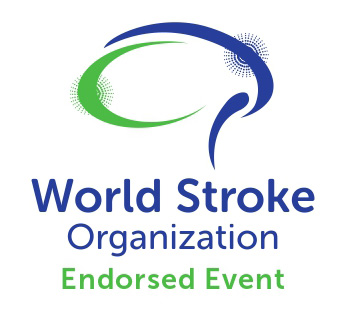Highlights from the European Life After Stroke Forum 2025
As we step into our second year as co-chairs of the European Life After Stroke Forum (ELASF) scientific committee, we remain committed to strengthening collaboration across Europe to improve life after stroke.
ELASF is more than just a meeting, it is a space where healthcare professionals, researchers, policymakers, stroke support organisations and those with lived experience come together to share knowledge, exchange ideas and drive real change. By bringing these diverse perspectives together, we can make a lasting impact on stroke care and support.
In 2026, Stockholm will host ELASF, offering a programme that highlights cutting-edge research and best practices. At its core, the event will amplify the voices of people affected by stroke, ensuring that lived experience informs every discussion. Our goal is to inspire and equip attendees with the insights and tools they need to improve life after stroke in their own communities.
Together, we can shape a future where those affected by stroke receive the care and support they deserve. We look forward to another year of progress and collaboration.
Professor Anita Arsovska,
Co-chair, European Life After Stroke Forum Scientific Committee
Dr Nicola Hancock,
Co-chair, European Life After Stroke Forum Scientific Committee

Find Out More
Donate to SAFE
SAFE’s goal is to decrease the number of strokes in Europe by advocating for better prevention, access to adequate treatment, post-stroke care and rehabilitation.
Your generosity would enable us to continue with our work against stroke in Europe, and you can donate to us using the button below.

